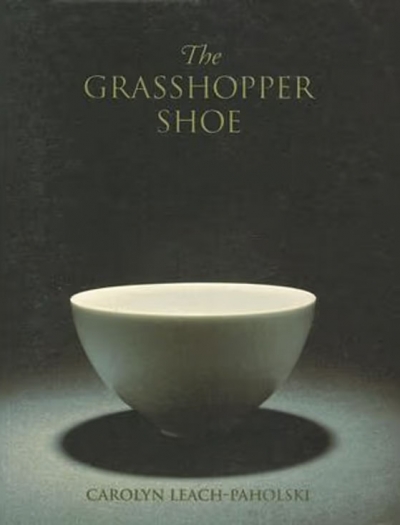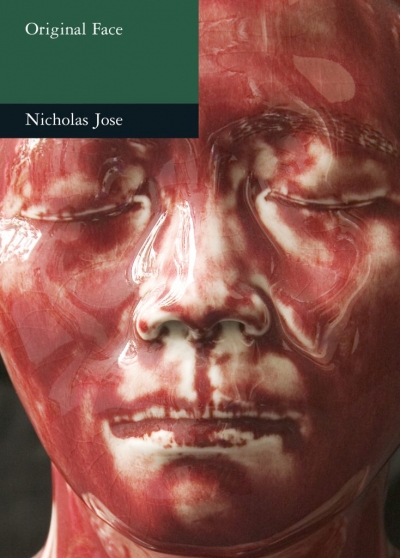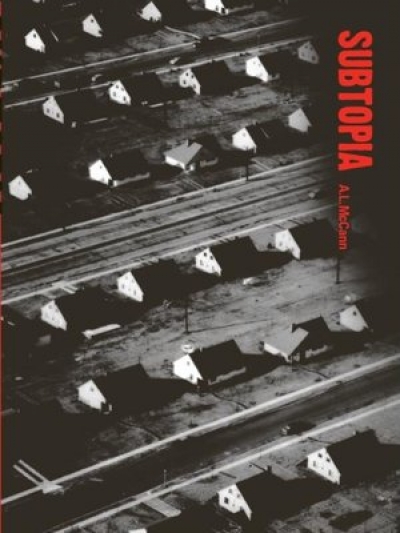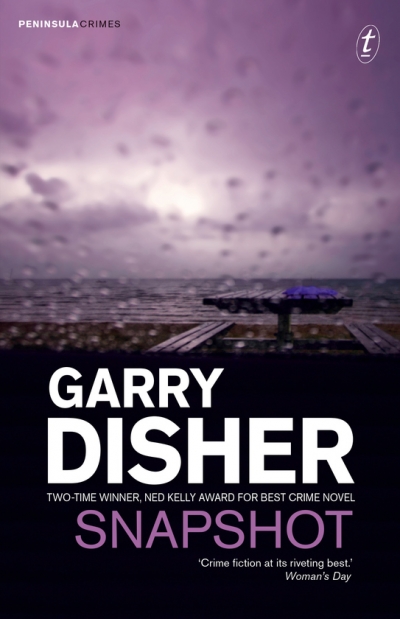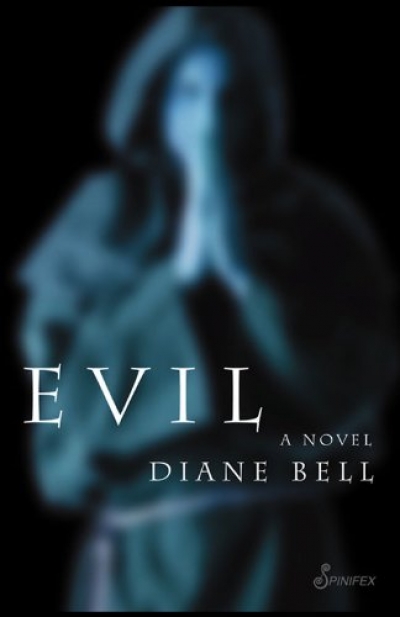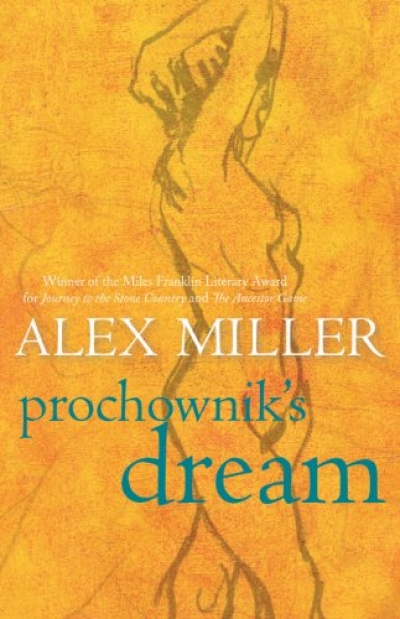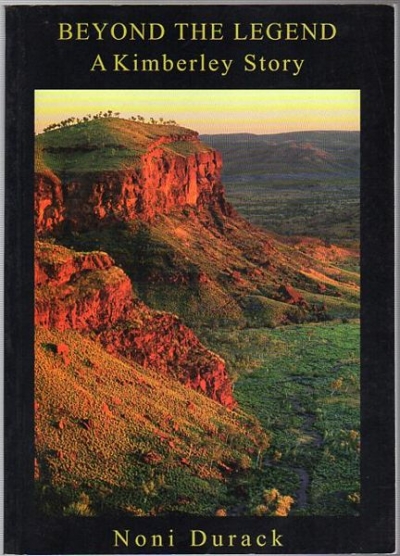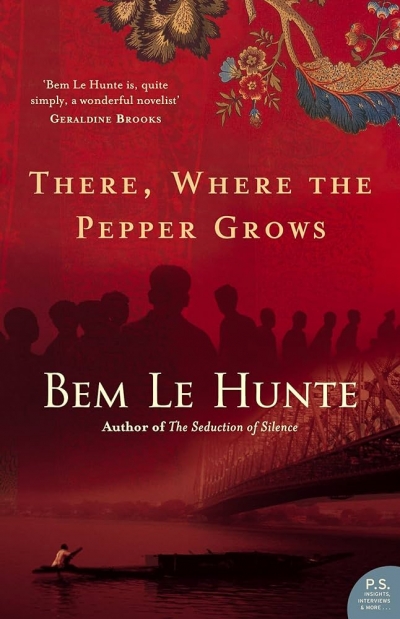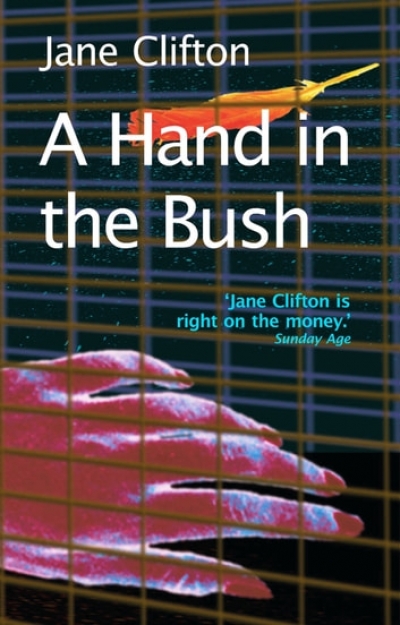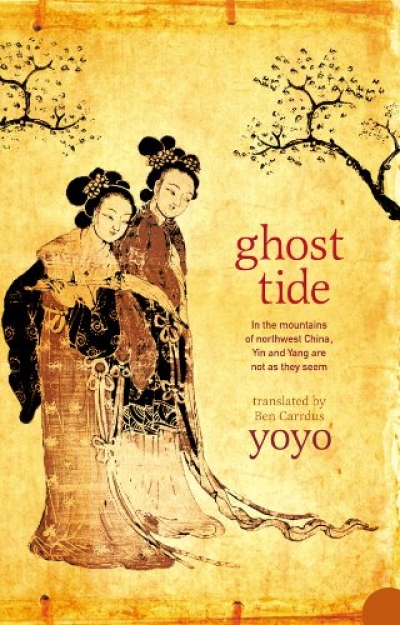Fiction review
The Grasshopper Shoe by Carolyn Leach-Paholski & A New Map of the Universe by Annabel Smith
by Kate McFadyen •
Snapshot by Garry Disher & A Thing of Blood by Robert Gott
by Rick Thompson •
Beyond The Legend by Noni Durack & Out Of The Silence by Wendy James
by Christina Hill •
There, Where the Pepper Grows by Bem Le Hunte & Behind the Moon by Hsu-Ming Teo
by Lisa Gorton •
A Hand in the Bush by Jane Clifton & Death by Water by Kerry Greenwood
by Jake Wilson •

